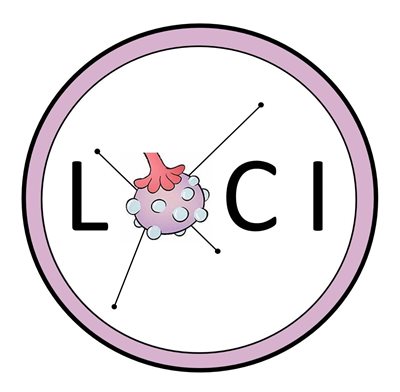 Letrozole or Clomifene, with or without metformin, for ovulation induction in women with polycystic ovary syndrome: a 2x2 factorial design randomised trial
Letrozole or Clomifene, with or without metformin, for ovulation induction in women with polycystic ovary syndrome: a 2x2 factorial design randomised trial
Aim: To investigate the clinical and cost-effectiveness of letrozole or clomifene, with or without metformin, for ovulation induction in women with polycystic ovary syndrome.
Primary clinical objective: To test the hypothesis that treatment with letrozole, with or without metformin, is superior to clomifene, with or without metformin, over 6 treatment cycles to result in a live birth beyond 34 weeks of gestation.
Key secondary objectives: To test the hypothesis that treatment with letrozole, with or without metformin, is superior to clomifene, with or without metformin, over 6 treatment cycles to reduce pregnancy loss (defined as pregnancy loss before 24 weeks of gestation) and reduce the number of ovulation induction cycles to live birth.
Exploratory secondary objectives: To test the hypothesis that treatment with letrozole, with or without metformin, is superior to clomifene, with or without metformin, over 6 treatment cycles to improve the following exploratory secondary outcomes: ovulation rate, time to pregnancy, number of ovulation induction cycles required for pregnancy, ongoing pregnancy at 12 weeks of gestation, termination, stillbirth, molar pregnancy, pregnancy of unknown location, twin live births, gestation age at live birth.
Where live birth is ≥24 weeks outcomes include: time from conception to delivery, gestational age <28/<32<37 weeks, singleton live births ≥34 weeks, live births ≥37 weeks, mode of birth, birth weight, arterial and venous cord pH, APGAR scores, base excess, pregnancy-induced hypertension, pre-eclampsia, obstetric cholestasis, cervical cerclage, preterm pre-labour rupture of membranes, gestation diabetes, chorioamnionitis, intrauterine growth restriction, macrosomia and haemorrhage.
Maternal outcomes include: admission to high dependency unit (HDU) and admission to intensive therapy unit (ITU).
Further outcomes are:
Neonatal outcomes: Discharge to hospital, early infection, retinopathy of prematurity, necrotising enterocolitis, intraventricular haemorrhage, respiratory distress syndrome, ventilation or oxygen support and survival at 28 days of neonatal life.
Safety outcomes: Neonatal congenital or chromosomal abnormalities, maternal adverse events, multiple pregnancies, ectopic pregnancies, ovarian hyperstimulation syndrome (OHSS), serious adverse events.
Health economic evaluation: To assess the cost-effectiveness of letrozole or clomifene, with or without metformin, in ovulation induction based on an outcome of additional cost per additional live birth and additional cost per additional quality-adjusted life-year (QALY). Using a model-based economic evaluation we will further explore the cost-effectiveness of ovulation induction, as explored in the proposed trial, with alternative treatment strategies, such as IVF and IUI, based on available secondary sources.
NIHR HTA Funder Ref: 17/116/01
Sponsor Ref: RG_18-232
ISRCTN No.: 11828358
REC Ref: 19/WM/0364
IRAS No.: 257918
EudraCT No.: 2018-004641-16
Sponsor: University of Birmingham
Chief Investigator: Prof Arri Coomarasamy
Coordinating Centre: Birmingham Clinical Trials Unit, University of Birmingham
This study is funded by the NIHR HTA (project reference 17/116/01).
The views expressed are those of the author(s) and not necessarily those of the NHS, the NIHR or the Department of Health.